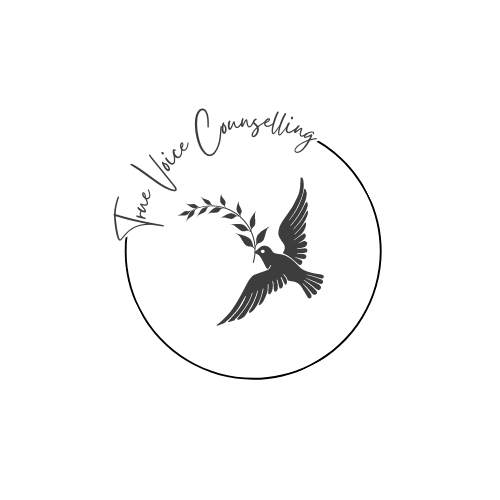The Security of Familiar Miseries
Change often sounds simple in theory — set a goal, make a plan, stick to it. But in reality, meaningful change can feel incredibly hard. If you’ve ever wondered why you struggle to follow through, or why you seem to resist the very things you want most, you’re not alone.
This isn’t because you’re lazy, weak, or broken. It’s because change stirs something deep within us: our natural human need for safety, belonging, and control. Let’s explore some of the common reasons change feels difficult — and how understanding them can help you meet yourself with compassion.
1. Your Brain’s Threat Response Gets Activated
The human brain is wired for survival, not for thriving. When faced with change — even positive change — your nervous system may interpret it as a potential threat. The amygdala, a key part of the brain’s threat detection system, can trigger protective responses like fight, flight, freeze, or fawn. This isn’t a sign of failure — it’s your body doing exactly what it was designed to do: keep you safe.
Understanding this can help you notice when fear or resistance shows up — and instead of criticising yourself, offer some gentle reassurance. Change may feel risky, but that doesn’t mean it’s wrong.
2. Old Patterns Were Once Protective
Behaviours we often label as “self-sabotage” are usually protective strategies we learned earlier in life. Perfectionism, procrastination, avoidance — these are often responses to unmet needs, past trauma, or fear of failure. They served a purpose once, even if they’re no longer helpful now.
When these patterns resurface, try asking: What might this part of me be trying to protect?
Honouring the intention behind old habits opens the door to curiosity and healing.
3. Your Inner Critic Wants to Keep You Safe
That harsh inner voice telling you to give up or that you’re not good enough? It’s often rooted in past experiences where criticism felt safer than risk. Self-criticism can sometimes feel like a shield against disappointment or rejection.
By recognising your inner critic as a misguided protector, you can begin to soften its grip — replacing harshness with understanding and setting boundaries with that internal voice.
4. Blame Feels Easier Than Vulnerability
When things feel difficult, it’s natural to look for something — or someone — to blame. It can feel safer to point outward than to sit with discomfort. But real change often begins with honest reflection.
This isn’t about blaming yourself, either. It’s about becoming curious: What’s really happening here? What do I need?
Compassionate self-awareness creates space for growth.
5. Self-Medication Offers Short-Term Relief
Turning to food, alcohol, shopping, or scrolling can offer quick comfort when facing uncertainty or fear. These coping strategies often develop for valid reasons — they help numb pain or fill a void.
If you find yourself stuck in these patterns, know that you’re not alone — and support is available. Therapy, community groups, or trusted relationships can offer a safe space to explore these habits and find healthier ways to meet your needs.
6. Change Often Means Facing Grief
Every change — even positive ones — involves a loss of something familiar. Sometimes we’re grieving the version of ourselves we’re leaving behind, or the comfort of old routines and identities.
Allowing space for that grief is part of the process. You don’t have to rush forward. You can honour what was, even as you step into what’s next.
7. Growth is a Spiral, Not a Straight Line
Progress rarely happens in a neat, upward trajectory. The Stages of Change Model (Prochaska & DiClemente, 1983) reminds us that change is cyclical — with periods of progress, setbacks, reflection, and recommitment.
Each loop of the spiral brings new insight. You’re not failing if you revisit old patterns. You’re learning.
Final Reflection:
Change is not a test of willpower. It’s a deeply human process shaped by your nervous system, past experiences, environment, and relationships.
You are not behind. You are not broken. You are human — navigating the complex, beautiful challenge of growing, healing, and becoming.
Approach your journey with the same care you would offer a beloved friend. Progress may be slow, uneven, even painful at times. But every small step, every act of self-compassion, matters.
And if you feel stuck, remember:
You don’t have to do this alone. Support is here — and it’s okay to ask for it.
